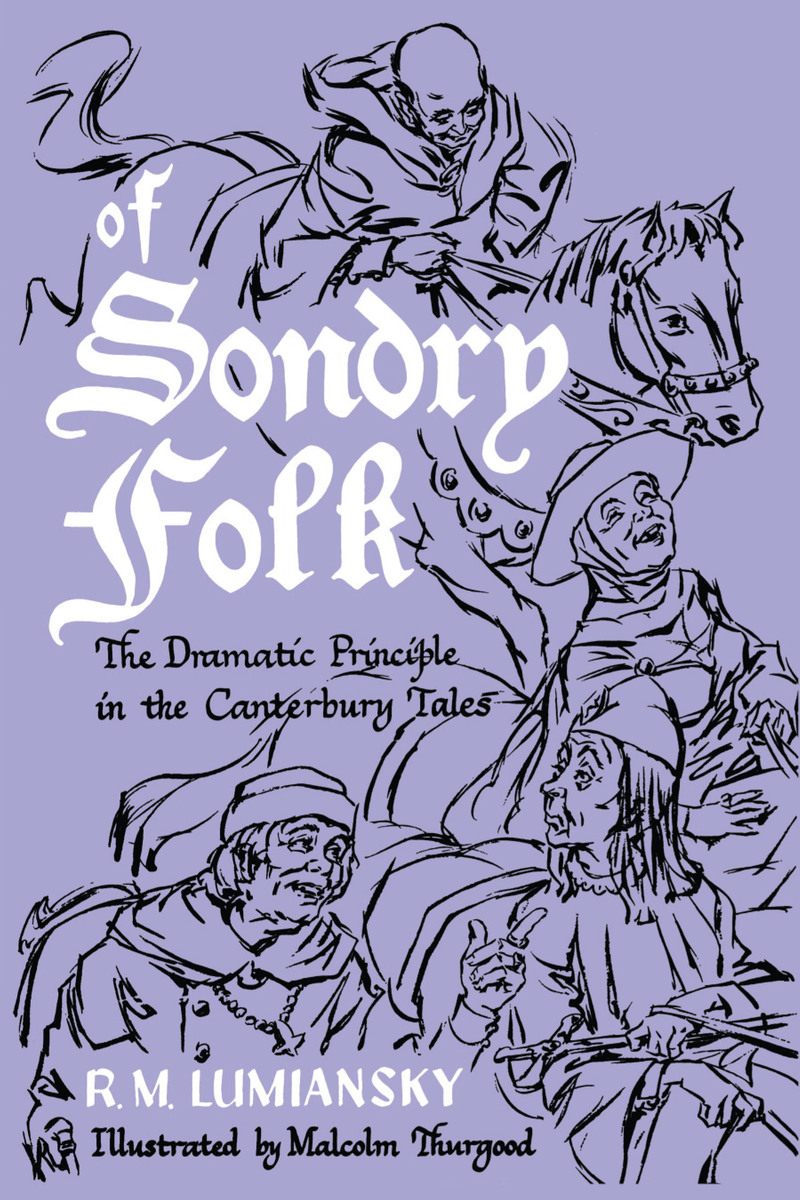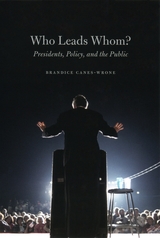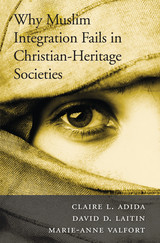Paper: 978-0-292-76017-2 | eISBN: 978-1-4773-0126-5 (ePub) | eISBN: 978-1-4773-0125-8 (PDF)
Two hundred years before Shakespeare observed that “all the world’s a stage,” another writer with a flair for drama realized the same fact. This writer was Geoffrey Chaucer.
Chaucer, however, presented his dramatic efforts through the medium of short stories, and he is regularly referred to as one of the world’s great storytellers. Yet there are certain questions which arise time and again in the minds of literary scholars. Most of the tales in the Canterbury collection are excellent, but why did Chaucer include such obviously poor recitals as the dull “Melibeus” and the lengthy “Parson’s Tale”? Did he fail to recognize their lack of literary merit? Or were those of his stories which seem so dull to modern readers really popular in fourteenth-century England?
Of Sondry Folk is Lumiansky’s answer to such questions. But it is more than that. It is the revelation of Chaucer as dramatic writer. Chaucer, says Lumiansky, did not intend primarily to tell a series of good tales. Instead, he chose tales which suited his purpose of dramatic exposition of character. And the characters, though drawn from many walks of life, are not stereotypes. Their tales not only disclose what the Pilgrims think of themselves but reveal these Pilgrims as they really are—dull, romantic, egotistical, pious, or lustful.
Not all readers will agree with Lumiansky’s conclusions in this book. But his scholarship, his clear, uninvolved prose, and his wit and frankness make of it an excellent handbook for the student of the Canterbury Tales. Of Sondry Folk will increase the enjoyment and understanding of Chaucer’s art for any reader, lay or scholarly.
See other books on: Canterbury Tales | English, Irish, Scottish, Welsh | European | Literary Criticism
See other titles from University of Texas Press












